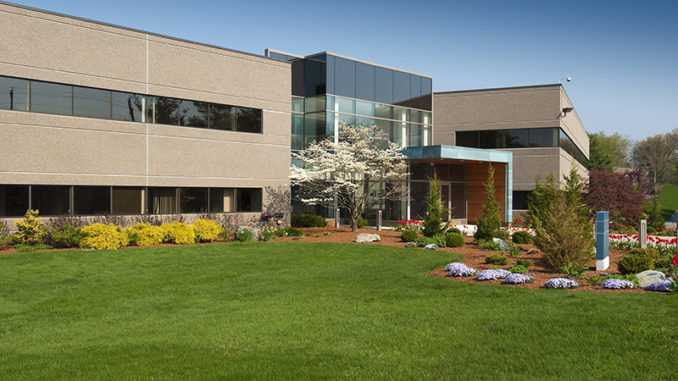
Hiring a professional drain cleaning specialist is an important aspect of property maintenance for business owners, commercial real estate owners, and industrial real estate owners in Massachusetts. The service, not only prevents clogged drains, but also helps to keep your plumbing system in better overall shape. For example, the drains in your toilets, and sinks are connected to the drainpipes. The drainpipes are connected to the sewer pipes.
When the system is working correctly water and other items that go down the drains in your plumbing fixtures travel through the drainpipes and sewer pipes. The water and materials then enter the city/town’s main sewer line or a septic tank buried somewhere on the property. Often time’s items such as grease, hair, and soap scum are rinsed down the drains. These items tend to stick to the interior surfaces of the pipes, and will build up a sludge like material over time. That can lead to an expensive, dangerous, and unnecessary situation.
The following information explains why professional drain cleaning, on a routine basis, is the key to good property maintenance.
Failure To Have The Drains Cleaned On A Regular Basis Can Lead To Disaster
When the materials build up over time it may very well turn into an extremely costly, dangerous, and unnecessary situation. Disaster can literally strike at any time in the form of clogged drains, water contamination, and even the backup of raw sewage directly into the building. If that happens, the building can be shut down until the repairs are completed. Blockages in the plumbing pipes can make people sick due to water contamination. If it occurs at a business or building that you own, then you are not only responsible for fixing the problem, but also for any damage that it causes to your workers and or tenants. In essence you are the one being held liable.
The backup of raw sewage into your property certainly is an unpleasant experience to say the least. In fact, breathing in the fumes and coming into directly contact with the hazardous materials can cause serious health concerns. The cost of a proper cleanup can be exorbitant. In order to avoid these problems, plumbing industry experts suggest that you schedule a professional drain cleaning service on a regular basis. The procedure is fast, safe, and incredibly cost effective.
The Hydro Jetting Method Of Drainpipe Cleaning Explained
Hydro jetting is the process of cleaning plumbing pipes and removing clogs with pressurized streams of water that are blown into the system. The machinery consists of a high-pressure hose that has a specially engineered nozzle attached to the end. The hose is connected to a unit that pressurizes the water. The water source is typically a tank that is also connected to the device. When all is said and done the hydro jetting pipe cleaning equipment produces an extremely powerful stream of water that is perfect for cleaning out plumbing pipes, and clearing blocked drains.
The hose is typically entered into the plumbing system through a drain clean out, which is an opening that provides the hydro jet operator with the ability to remove clogs and clean the system. The highly pressurized water is forced down the drain where it pushes grease, mineral build up, hair, and other debris through the drainpipes. Even tree roots that have invaded the sewer pipeline can be broken up with the hydro jetting machine. The process does not only destroys clogs, it also completely removes the natural buildup of materials that cling to the interior of the plumbing pipes, such as grease and minerals from the water.
In conclusion, a little property maintenance can certainly go a long way in keeping your business and or building up and running. Hydro jetting is a fast and affordable drain cleaning solution. The service will absolutely help you avoid those costly clogged drains, and the problems that they cause. It must be noted that only a highly trained and experienced professional should operate a hydro jetting machine.
Jolin Paving & Excavating, Inc. is your New England connection—serving Massachusetts, southern New Hampshire, Vermont, Maine and northern to central Connecticut and Rhode Island. Contact us to learn more
